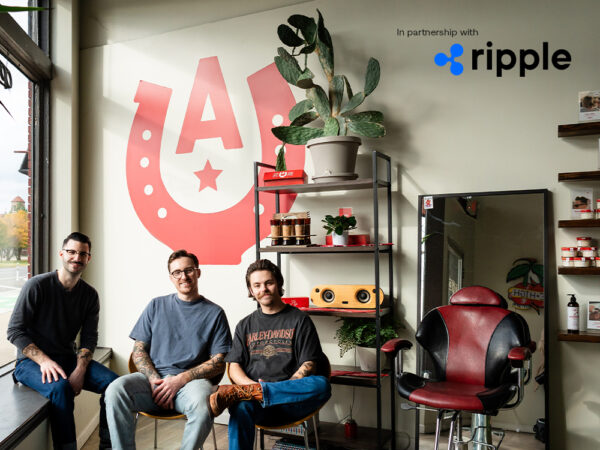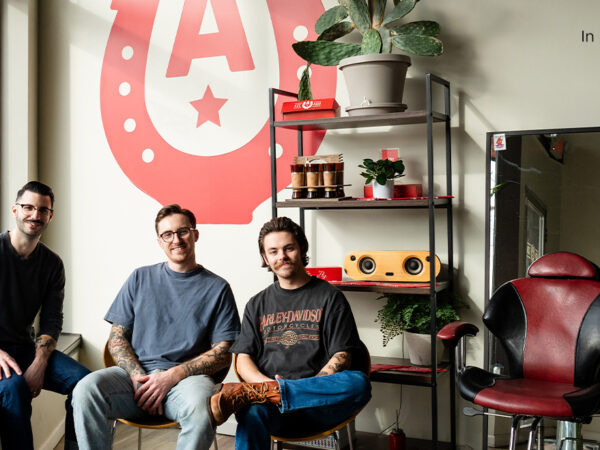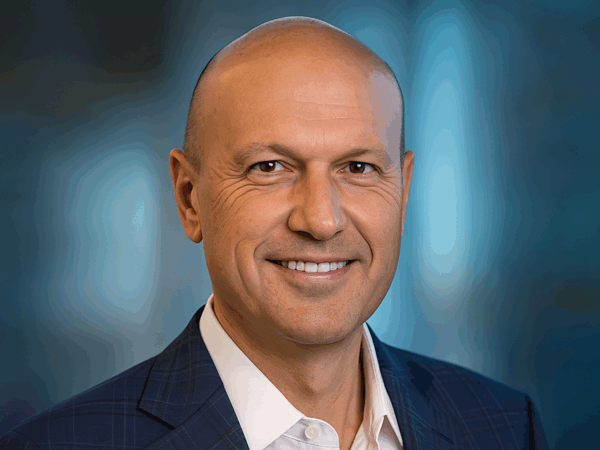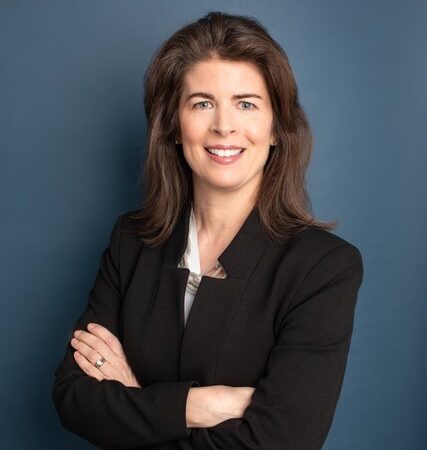The Entrepreneurial Mindset of Jennifer Piette
Nurturing, patient, empathetic, driven, commanding, responsible, and experienced at juggling a million things at once: All the qualities that make a successful parent also make a successful entrepreneurial mindset. Unfortunately, the pandemic has highlighted and exacerbated the problems parents who are entrepreneurs face. With childcare unavailable or uncertain, their family’s income threatened, and the health of their employees and themselves at risk, small business owners have been working harder than ever before.
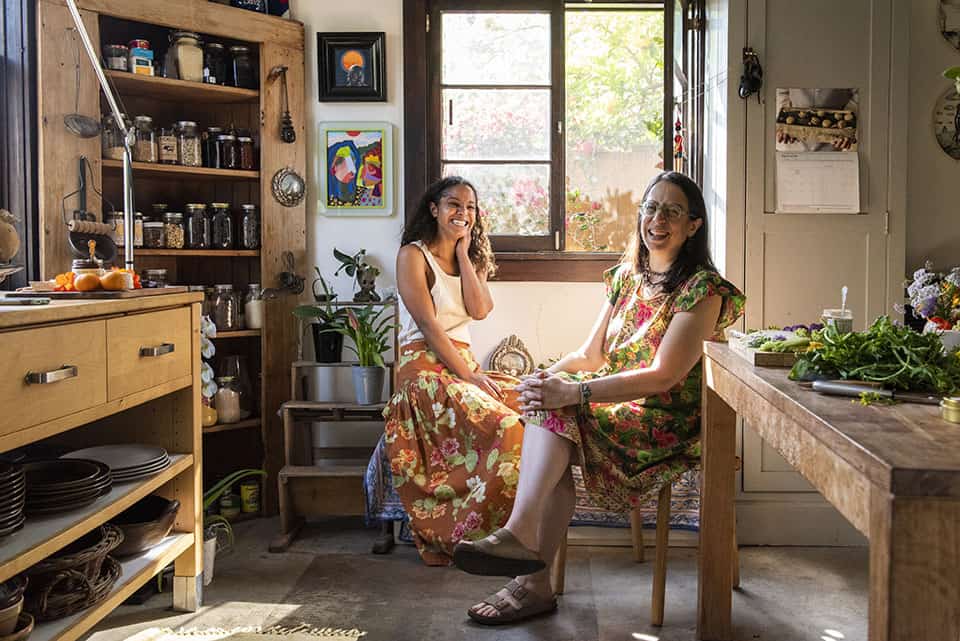
B.Evy-Marie H. Yarde (left), Narrative Food’s Creative Director, and Jennifer Piette (right), Narrative Food’s Founder and CEO
This Mother’s Day (and every day!), we’re celebrating the double lives of parents—like Jennifer Piette—who own small businesses. Jennifer owns Narrative Food, a woman owned business that delivers farm-fresh, responsibly-grown meal kits by subscription. Based in Los Angeles, California, Narrative Food has seen both a surge in business and a frightening summer due to the COVID-19 spike in her area. Thanks to a Paycheck Protection Program (PPP) loan that she got through Accion Opportunity Fund’s lending arm, Opportunity Fund, Jennifer was able to keep paying her staff when she had to shut down over Fourth of July weekend in 2020.
Here is her story.
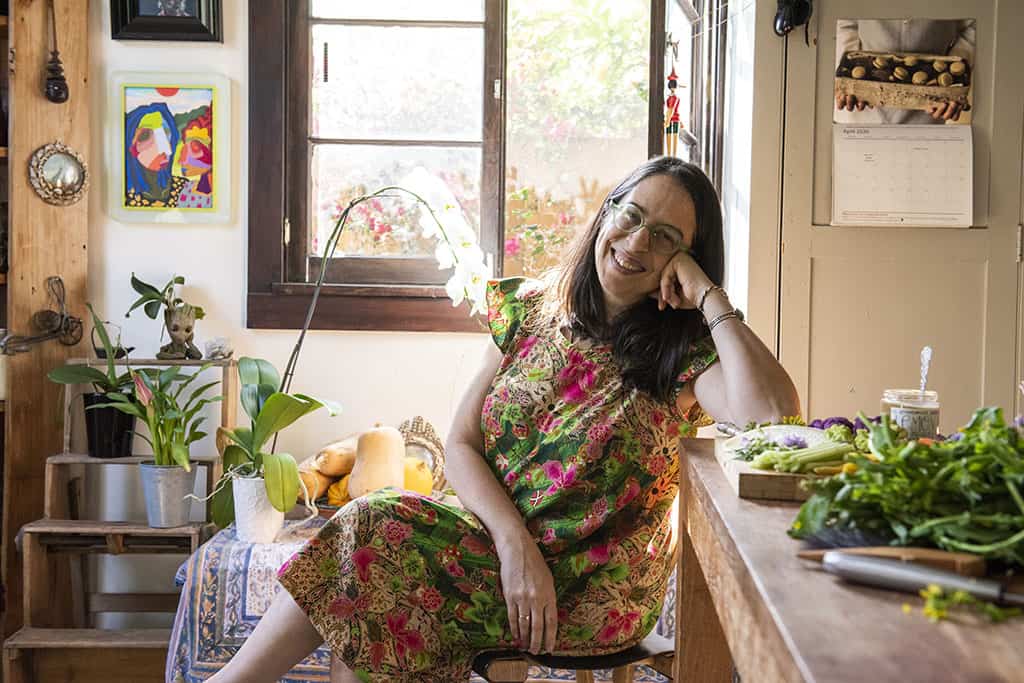
Food is a powerful way to evoke memories and identities. Certain smells will bring you back to your childhood. When you’re traveling, the first place you go is a market or a restaurant. Narrative Food is all about these stories.
As a writer, I’d lived abroad for 25 years. In countries like France and Portugal, food is such an integral part of the culture. When I was living in England, I was a mom just wanting to simplify things, so I received farm boxes; that inspired the concept of food boxes covering a broader array of local foods.
Founding Narrative Food came out of the 2009 recession. Then, like now, there were so many creative, beautiful ideas that came out of crisis. Narrative Food felt like a way to “occupy your food”—and free yourself from “Big Food”. I wanted to prioritize health: Not just individual health, but health of our communities—from our family to our larger community—and ultimately, the health of the soil/planet. There was also the practical aspect of delivering weekly groceries with recipes. There were no meal kits then, and our concept was to create boxes including foods from all the food groups, and recipes to use them.
We curate boxes every week on a different theme, and we include voices that are less heard in the food culture scene: for instance, when the Muslim ban went into effect, we partnered with an Iraqi blogger in LA to create a box of Iraqi food. One of our customers wrote us a note about how her child had so much fun going through recipes and looking up Iraq on a map, hearing about Iraq for the first time in this joyful context of food, rather than this dominant story we see in the media of war and violence. Our customers have their own stories, too. They gift their kids food literacy; their kids will always remember cherry season coinciding with the end of the school year. We want to tell a different, uplifting story every week through food.
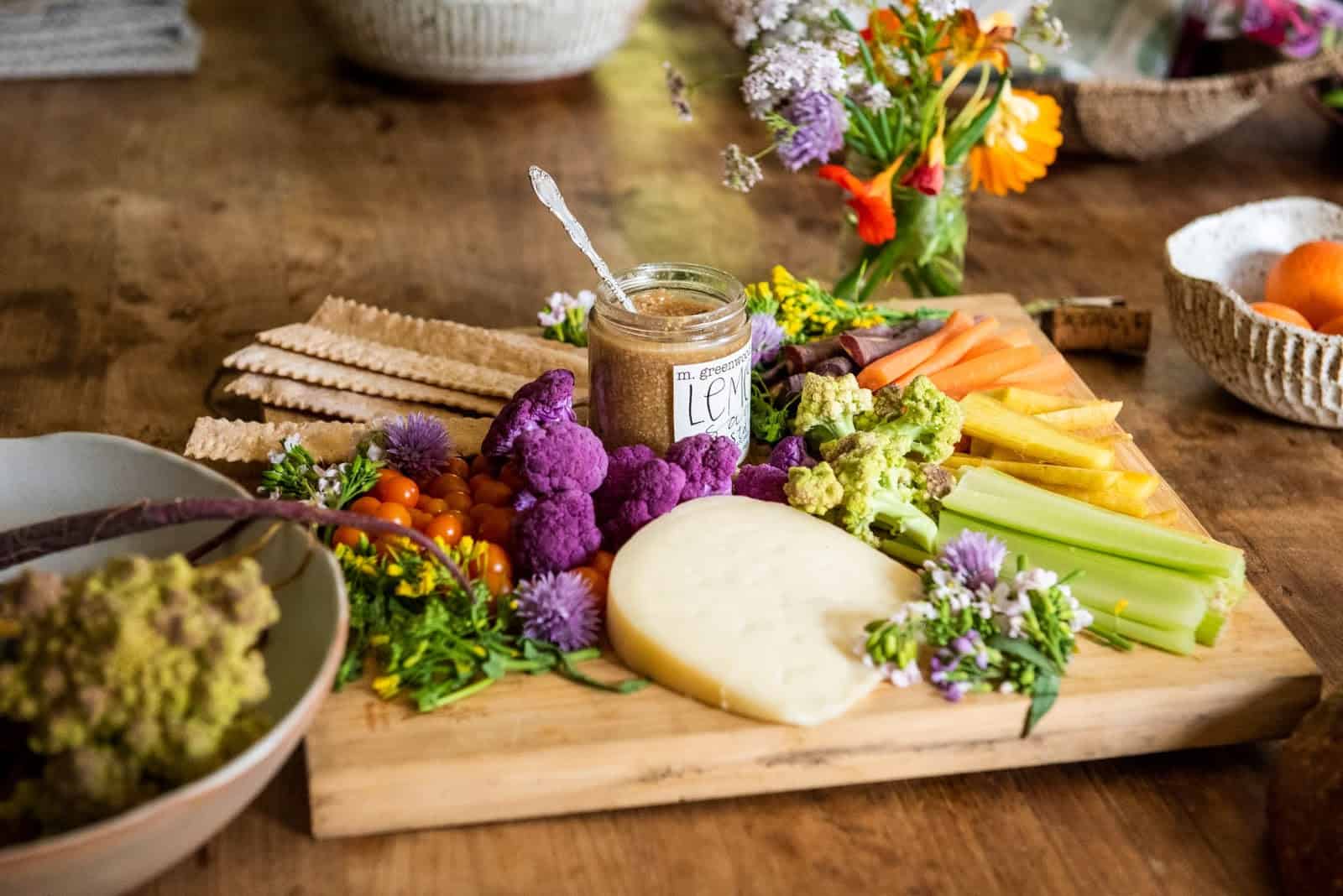
I’ve been able to do a lot of my day-to-day work from home, and focus on production for one or two days a week.
My kids—particularly my daughters—have derived a lot of strength from having a role model of a woman entrepreneur who makes things happen.
My kids are now older, but they’ve had different jobs working with me: Helping me create new products, thinking about how we can use TikTok. My older daughter was such a fussy eater as a child, but now she lives in a co-op and is this incredibly confident, capable chef. I know that just came from day-in-day-out experience with home-cooked meals and prioritizing gathering our family around the table for dinner. 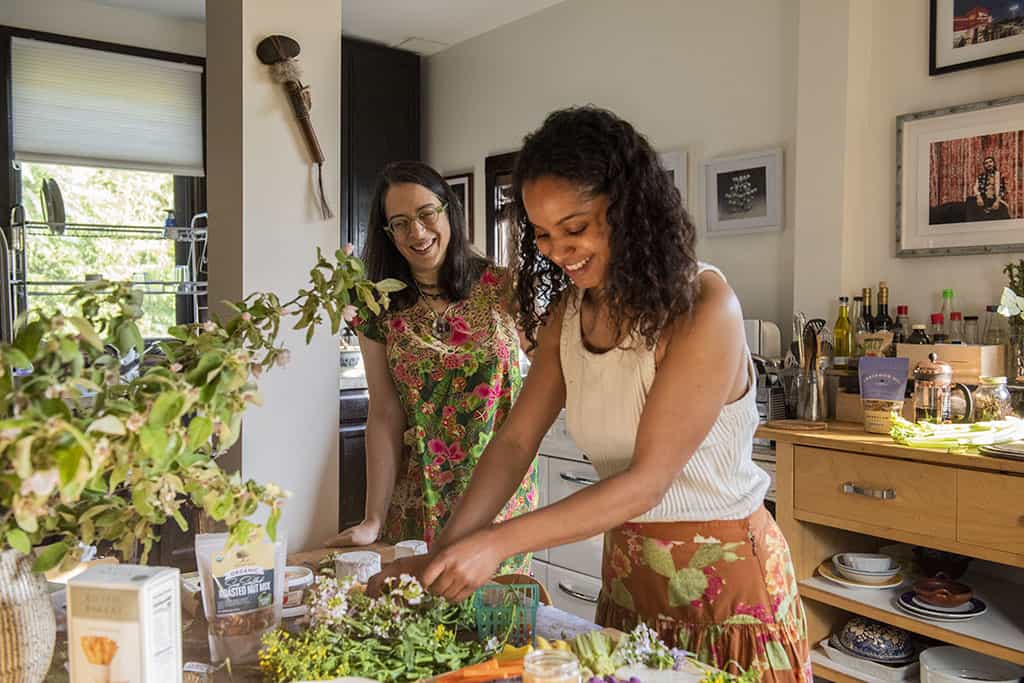 In the very beginning of the pandemic, our business sort of exploded. With COVID, there was an initial huge spike with people panicking and hoarding food. It was challenging to limit people to one or two dozen eggs. Right when this happened, the New York Times wrote about us—we ended up with 500 people on our waiting list. It was difficult to double or quadruple our volume in the middle of all these supply disruptions. Most of our vendors are small-scale, local makers and growers. I couldn’t just switch on an infrastructure to keep up with demand. I’ve never had to work so hard. I was exhausted. Seven days a week, under the stress of COVID. There have been a few weeks where, out of an abundance of caution, we did shut our doors: Over July 4th weekend and when COVID spiked again in California in August. I was able to pay people during those breaks, thanks to the Paycheck Protection Program (PPP) loan we got through Accion Opportunity Fund. If any of my team comes at all close to an exposure, I’m able to pay them to stay home and quarantine, and keep the entire team safe. We’ve also been quite resilient in the face of these challenges—we work with small companies and growers, who are able to pivot quickly and re-think their operations. Compared to enormous “Big Food” corporations, we have a lot of flexibility. Our sales have gone down from the peak, but they’re still 2.5 – 3 times what they were pre-COVID. I’m hoping that once things go back to normal, we’ll still have some relevance to these new customers, and we can continue building support for our local makers and growers. Supporting local food businesses is essential for food security.
In the very beginning of the pandemic, our business sort of exploded. With COVID, there was an initial huge spike with people panicking and hoarding food. It was challenging to limit people to one or two dozen eggs. Right when this happened, the New York Times wrote about us—we ended up with 500 people on our waiting list. It was difficult to double or quadruple our volume in the middle of all these supply disruptions. Most of our vendors are small-scale, local makers and growers. I couldn’t just switch on an infrastructure to keep up with demand. I’ve never had to work so hard. I was exhausted. Seven days a week, under the stress of COVID. There have been a few weeks where, out of an abundance of caution, we did shut our doors: Over July 4th weekend and when COVID spiked again in California in August. I was able to pay people during those breaks, thanks to the Paycheck Protection Program (PPP) loan we got through Accion Opportunity Fund. If any of my team comes at all close to an exposure, I’m able to pay them to stay home and quarantine, and keep the entire team safe. We’ve also been quite resilient in the face of these challenges—we work with small companies and growers, who are able to pivot quickly and re-think their operations. Compared to enormous “Big Food” corporations, we have a lot of flexibility. Our sales have gone down from the peak, but they’re still 2.5 – 3 times what they were pre-COVID. I’m hoping that once things go back to normal, we’ll still have some relevance to these new customers, and we can continue building support for our local makers and growers. Supporting local food businesses is essential for food security. 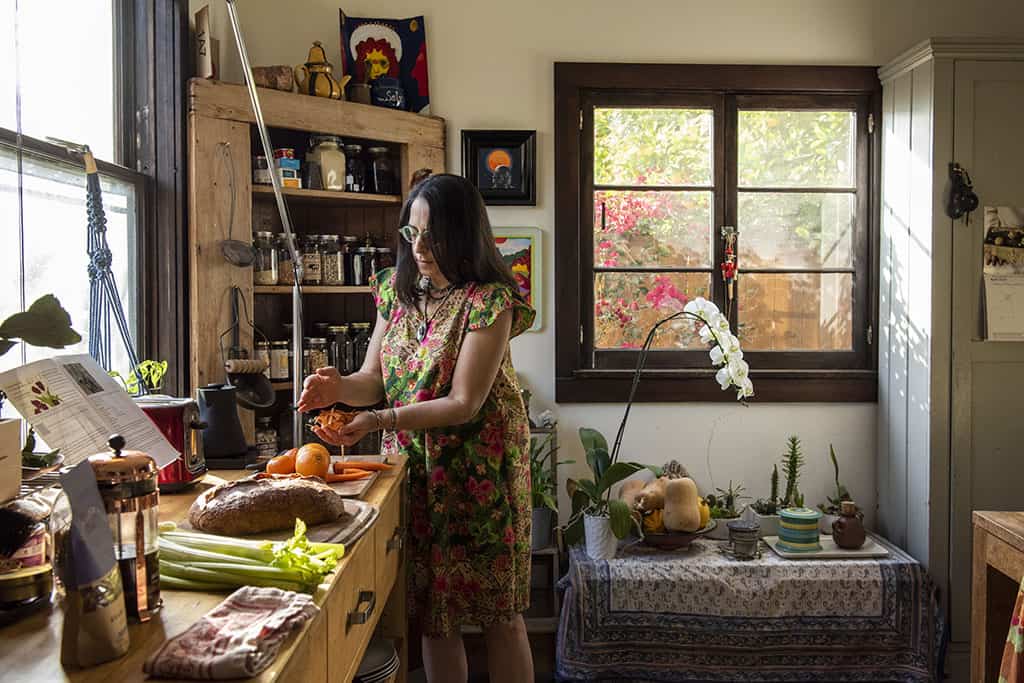
If I were to give advice to other small business owners, I’d say: Keep thinking about your community. That purpose helps me get a good night’s sleep and wakes me up every day.
So far, we’ve all been healthy and we’re able to keep other people healthy, helping them stay at home, cook healthy food, and build connections with their loved ones around the dinner table. Stay connected and work with your community, with your stakeholders—from vendors, to customers, to members of your team. Try to communicate well. We’ve been able to solve not just our problems but also support others—like one of the farms we work with pivoted from supplying restaurants to building produce selections for us—that decision helped them and helped us. We’re doing a pilot program right now with DoorDash for gift boxes. In moments of challenge, people have an opportunity to be creative. It forces us to think about our priorities, what can be healthy or good for our planet. I think with COVID, the planet is sending us a message. I don’t think we can flip the switch and go back to things as they were. I’m excited to see what will change for the better when we come out of this. Jennifer is one of over 1,400 small business owners who have received PPP loans through Accion Opportunity Fund’s lending arm, Opportunity Fund. Show hard-working entrepreneurs like her that the communities they serve have got their backs, and donate today.Photographs byJessica Chou

